Basic Information
| Safety Profile | LIKELY SAFE & WELL TOLERABLE |
| Medicine Type | Herb |
| Main Indication | Constipation |
| Potential Action | Bulk-forming laxative |
| Chemical Composition | Fiber |
| Dosage | 5 to 30 grams |
| Best Adjuvant | 240 to 500 ml Water or Milk |
| Scientific Name | Plantago Ovata |
| Plant Family | Plantaginaceae |
| Hindi Name | Isabgol |
| English Name | Psyllium |
| Other Names | Ispaghula, spogel seeds |
Botanical Classification (Plant Taxonomy)
| Kingdom | PLANTAE |
| Sub-Kingdom | VIRIDIPLANTAE |
| Infra Kingdom | STREPTOPHYTA (land plants) |
| Super Division | EMBRYOPHYTA |
| Division | TRACHEOPHYTA (TRACHEOPHYTES or Vascular Plants) |
| Sub Division | SPERMATOPHYTINA (SPERMATOPHYTES or Seed Plants) |
| Class | MAGNOLIOPSIDA |
| Subclass | |
| Super Order | ASTERANAE |
| Order | LAMIALES |
| Family | PLANTAGINACEAE (Plantains) |
| Genus | PLANTAGO (Plantain or Indian-wheat) |
| Species | Plantago Ovata (Desert Indian-wheat) |
Medicinal Parts
- Sat Isabgol (Psyllium Husk)
- Psyllium (Isabgol) Seeds
Phytochemistry (Chemical Composition)
Psyllium (Isabgol) contains:
| XYLOSE | 59% |
| ARABINOSE | 22.3% |
| URONIC ACID | 6.1% |
| GALACTOSE | 3.7% |
| GLUCOSE | 3.5% |
| RHAMNOSE | 3% |
| MANNOSE | 1.6% |
| RIBOSE (rarely detected) | 0.01% |
Psyllium (Isabgol) Seeds
Psyllium (Isabgol) Seeds contains mucilage substance, which is about 30% of its total weight. Mucilage is made of soluble fiber called polysaccharides.
Chilka Isapghol – Psyllium Husk – Health Benefits
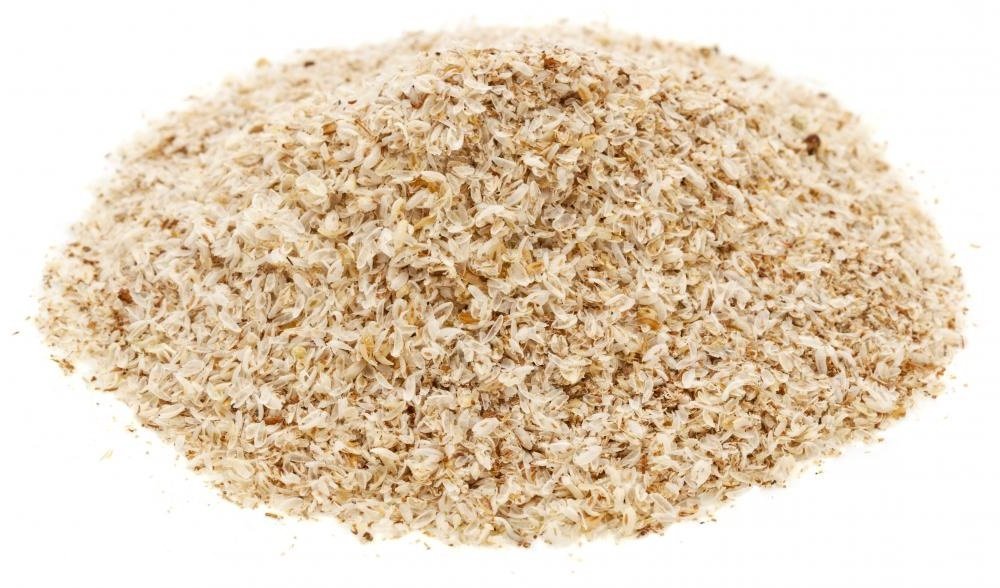
Psyllium Facts
| Name | Psyllium |
|---|---|
| Scientific Name | Plantago ovata |
| Native | Western Asia and Southern Asia |
| Common Names | Blond Plantago, Che Qian Zi, Dietary Fiber, Englishman’s Foot, Indian Plantago, Ispágula, Isabgola, Isabgul, Ispagol, Pale Psyllium, Plantaginis Ovatae Semen, Plantaginis Ovatae Testa, Plantago decumbens, Plantago ispaghula, Ispaghula, Psilio, Psillium Blond, Psyllium, Psyllium Husk, Sand Plantain, Spogel |
| Psyllium Quick Facts | |
|---|---|
| Name: | Psyllium |
| Scientific Name: | Plantago ovata |
| Origin | Western Asia and Southern Asia |
| Colors | Brown or reddish-brown (Seed) |
| Shapes | Small (1.5–2 cm) (Seed) |
| Health benefits | Beneficial for Digestive Problems and Good for Weight Loss |
Psyllium seeds contain about 40% Linoleic Acid (LA), an important essential fatty acid. Isabgol Seeds contain:
| Fiber content | 19% |
| Proteins | 18.8% |
| Triglycerides | 10 – 20% |
Psyllium (Isabgol) Husk
Isabgol (Psyllium) Husk contains 75 to 78% fiber from which 70% is soluble fiber and 30% insoluble fiber.
Medicinal Properties
Isabgol (Psyllium) Husk has following healing properties.
- Antacid
- Gentle bulking-forming laxative
- Antidiarrheal – absorbs water content from intestines and helps in managing diarrhea
- Appetite Suppressant
- Hydrophilic (strong affinity for water)
- Intestinal detox
- Diuretic
- Emollient
Spogel. Each plant can produce up to 15,000 tiny, gel-coated seeds, from which psyllium husk is derived. The shell of psyllium seeds (known as the husk) is ground to take a clear and glue-like substance that is called mucilage. This mucilage contains high levels of soluble fiber and many other beneficial components that are used to cure a lot of diseases. The word psyllium is originated from a Greek word for a flea, referring to the size, shape, and whitish color of the seed, which is the commercially important part of this plant.
Plant Description
Psyllium is a small annual herbaceous plant that grows about 30–46 cm (12–18 in) tall. The plant prefers cool, dry weather for best production and grows best on light, well drained, sandy loams. The plant has well-developed tap root with few fibrous secondary roots. Leaves are opposite, linear or linear lanceolate 1 cm × 19 cm (0.39 in × 7.48 in). The plant consists of numerous, small, and white which later converted into small seedpods. Seeds which are enclosed in these tiny seedpods are small (1.5–2 cm) and brown or reddish-brown colored. Psyllium has been an essential part of Western, Chinese, and Ayurvedic medicine for ages, as it is a naturally rich source of fiber. Psyllium is considered to be hygroscopic, a quality to expand and become mucilaginous. Isabgol, the common name in India for P. ovata, comes from the Persian words “isap” and “ghol” that mean horse ear, which is descriptive of the shape of the seed. High levels of soluble fiber and many other beneficial components present in Psyllium are used to cure a lot of diseases.
History
Isabgol (Psylliums), the common name in India for P. ovata, comes from the Persian words “isap” and “ghol” that mean horse ear, which is descriptive of the shape of the seed. It is indigenous to Mediterranean region and West Asia spreading up to Sutlej and Sindh in West Pakistan, also distributed from Canary Islands across Southern Spain, North Africa, Middle East and North-Western Asia. In India the use of isabgol is as old as the Ayurveda System of Medicine. It is commercially cultivated in North Gujarat, Western Rajasthan, Punjab, Hariyana and Uttar Pradesh. Nowadays it is grown throughout the world due to its higher nutritional value and wonderful health benefits.
Health benefits of Psyllium
As far as health goes, psyllium husk is a wonderful option for ideal digestive system. For over 70 years, psyllium husk has been the primary source of both soluble and insoluble fiber worldwide and has a long history of use in traditional and herbal medicines. Fiber is key in helping keep you regular and also in aiding your body in getting rid of nasty toxins. Here’s why you should include it in your diet:
1. Digestive Problems
Psyllium is important to improve the functionality and efficiency of the digestive system by binding with water in the gut. If you are suffering from diarrhea, psyllium can help to bulk up your stool and normalize your bowel movements. If you struggle with constipation issues, it can also help reduce that discomfort, as it can stimulate peristaltic motion and keep your bowels moving smoothly. It can also help reduce straining and inflammation, which can help eliminate hemorrhoids and gastric ulcers.(1)
2. Blood Pressure
Psyllium is one of the few compounds that are consistently shown to reduce blood pressure in those who frequently consume it. Although you can’t call it a vasodilator, psyllium can certainly ease the tension on blood vessels and arteries of the heart. (2)
3. Heart health
Research has shown that regular use of soluble fiber help to manage cholesterol levels. Proper cholesterol regulation is essential for everyone, but vital for people over the age of 50. Research shows that at least six weeks of daily psyllium intake is an effective way for people who are obese or overweight to lower their cholesterol with very few side effects.
If you’ve been told that you need to watch your cholesterol, ask your doctor if adding psyllium to a low-fat, low-cholesterol diet will help you.(3)
4. Good for Weight Loss
Dietary fiber which is found abundantly in psyllium helps to create the feeling of fullness. That sense of satiety is very important for people looking to cut down on their weight. By preventing between-meal snacking, psyllium supplements can keep your energy levels up without adding on the pounds. Oat bran often consists of psyllium, and is a popular choice as a healthy snack.(4)
5. Treats Hemorrhoids
Psyllium seeds contain a huge amount of fiber, so they may soften the stools well. In addition, it provides lots of water, which aids in making bowel movement less painful.
6. Diabetes
People with diabetes are constantly watching their diet to maintain a healthy balance of insulin and blood sugar (glucose). Research has suggested that fibers like psyllium can help people maintain a healthy glycemic balance.
Research found that taking 5 grams of psyllium twice a day can help patients with type 2 diabetes controls their blood sugar. Another study of people with type 2 diabetes found similar results, but stressed that psyllium therapy should be tailored to the individual. (5)
7. Cure Gallstones
To cure gallstones firstly, take 1 tbsp. of psyllium powder and then mix it with a glass of tepid water. Mix them thoroughly and have it twice per day. Follow this remedy regularly until the problem is treated completely.
8. Good for Skin
Psyllium helps to get rid of harmful fungi and bacteria in the body that may result in various skin disorders such as acne or pimples. Consume a glass of tepid water mixed with psyllium and honey before going to sleep. This removes toxins from your body, which gives your skin a glow. Honey also moisturizes and softens your skin.
9. Cholesterol Reduction
Psyllium can significantly affect the health of the heart by lowering cholesterol. Dietary fiber helps to decreases the amount of cholesterol absorbed from food, preventing it from sticking in the arteries and blood vessels. This helps to reduce the chances of atherosclerosis and the consequent heart issues that can arise. It does not, however, reduce the amounts of good cholesterol (HDL), which keeps your cholesterol levels balanced and healthy. Furthermore, it stimulates the production of bile, which further uses cholesterol. (6)
10. Anti-inflammatory Properties
Research has shown the mucilage of psyllium to reduce inflammation in the gut and colon. This is due to the fibrous activity found in this unique mucilage, as it can ease the stress and strain on the colon.(7)
11. Treat Ulcerative Colitis
Add 1 tablespoon of ground psyllium seeds to 1 cup of tepid water and then consume the solution before it becomes too thick. Use this remedy every day until this disease is improved.
For people not familiar to this treatment, start with half a teaspoon of this powder and then increase the dosage gradually. To prevent constipation, remember to drink plenty of water during the day after using this treatment.
12. Detoxify the Body
Although psyllium mucilage is often called a laxative, it is just a highly efficient type of dietary fiber. However, it does effectively detoxify the body, as cleansing out the gastrointestinal system can also be very cleansing and beneficial for overall gut health. (8)
13. Treat Acidity
Psyllium husk is a great remedy for acidity. When psyllium husk is consumed, it coats your stomach lining with a great protective layer and thus protects it from the irritation caused due to acidity.
Take 2 teaspoons psyllium husk along with 1/2 cup of cold milk after your meals to help to get rid of acidity.
Traditional uses and benefits of Psyllium
- Psyllium has been used as a safe and effective laxative for thousands of years in Western herbal medicine.
- Both the dried seeds and the seed husks are demulcent, emollient and laxative.
- They are used in the treatment of dysentery, catarrhal conditions of the genito-urinary tract, inflamed membranes of the intestinal canal etc.
- They are used as a demulcent and as a bulk laxative in the treatment of constipation, dysentery and other intestinal complaints, having a soothing and regulatory effect upon the system.
- Their regulatory effect on the digestive system means that they can also be used in the treatment of diarrhea and by helping to soften the stool they reduce the irritation of hemorrhoids.
- It is effective in reducing cholesterol levels in the blood.
- It is used to treat constipation and diarrhea.
- It is a good herbal cure for stomach problems like bloating and flatulence.
- It is favorable in curing high blood pressure and blood sugar level.
- It helps in improvising bowel movements and thus treats constipation.
- It treats the problem of anal Fissure and piles.
- It alleviates dehydration and diarrhea.
- It expands the cervix at the time of childbirth.
Ayurvedic Health benefits of Psyllium
- Diarrhea: Take 3 tsp of Psyllium seed husk in a cup. Add water and a little sugar. Mix well. Eat it. Follow it with half a cup of yogurt. Repeat thrice a day. OR Instead of yogurt you may take a glass of lime water.
- Constipation: Take 2 tsp of Psyllium seed husk in a cup. Add little water and a little sugar. Mix well. Eat it. Follow it with one glass of hot milk. Consume it at night just before going to bed. Repeat for 7 days or till evacuation becomes regular.
- Cholesterol: Mix 2 tbsp of Psyllium seed husk in some water. The husk will swell quickly. Eat it quickly. Drink a glass of water. Take it first thing in the morning. Continue for as long as it takes to reduce Cholesterol.
- Piles: Add 1 tsp of Psyllium seed husk in a cup of water and drink it.
- Digestive disorders: Mix 1 tbsp of Psyllium husk in a glass of water and drink before retiring.
- Gastroparesis: Mix 1 tbsp of Psyllium husk in a quarter glass of hot milk. Have it and drink the remaining milk.
- Irritable Bowel Syndrome: Add 1 tsp Psyllium husk in 20 ml yogurt. Take it after dinner.
- Laxative: Take 3 tbsp each of Psyllium husk, Chia seeds and Flax. Soak overnight in a cup of Black cherry juice. Eat and drink in 3 portions throughout the next day.
Recommended Dosage
For a normal adult, the recommended dosage of Psyllium husk is about 1-2 teaspoons three times a day. However, remember to combine it with fruit juice (non-caffeinated) or water and swallow it down before it swells and thickens. It is also important to drink at least 2-2.5 liters of water a day following consumption of Psyllium. This would help to prevent bloating and constipation.
The recommended dosage of Psyllium for children is about ½ – 1 teaspoon a day. Any more quantity can be a reason for side effects. It is also worth mentioning that Psyllium consumption by children is necessarily to be followed by drinking at least 1-2 glasses of water. However, the more the quantity of water, the better it is.
Culinary uses
- Young leaves are used raw or cooked.
- Mucilage contained in the seed coat is used as a stabilizer in ice cream, chocolate etc.
- Seed is sprouted and eaten in salads.
Other Facts
- It is a common source of psyllium seed husks, a material used as dietary fiber.
- Mucilage found in the seed coat is sometimes used as a starch to stiffen linen.
- 1,000 seeds weigh less than 2 grams.
- Plants flower about 60 days after planting.
Side effects of Psyllium
Psyllium has so many health benefits. But, sometimes it can cause some side effects. They are minor side effects, but still, we need to be aware of them.
1. Abdominal bloating
Psyllium is a dietary fiber supplement. In some people whose body is not adjusted to taking fiber diet regularly, bloating of stomach and flatulence can be the side effects.
2. Reduction of blood glucose
Psyllium reduces the blood glucose levels. So, if you are suffering from Diabetes, you will need to reduce the dose of your oral hypoglycemic drugs or insulin.
3. Allergies and Anaphylaxis
Some people might develop allergies to Isabgol. The symptoms in these people are same as people developing allergies in response to other allergens. Symptoms can range from minor to severe life threatening ones.
Minor symptoms of allergies can be a runny nose, sneezing, watery and red eyes, urticaria or skin rash. Some people might even develop swollen lips and eyes. Very rarely some people develop anaphylaxis which is life threatening.
Symptoms of anaphylaxis include low blood pressure, difficulty breathing, loss of consciousness, etc. If you find that you develop any symptoms of allergies or feel dizzy or short of breath, call an emergency immediately.
4. Drug interactions
It might reduce the absorption of certain drugs from the intestines like warfarin (oral anticoagulant drug), aspirin (an antiplatelet drug) and also some drugs recommended for treating depression. If you are taking any such drugs, you might need to consult your doctor before taking Psyllium to alter their doses.
5. Lowers blood pressure
As psyllium can lower blood pressure, people who suffer from hypotension or low blood pressure should avoid taking it.
6. Phenylketonuria
People with phenylketonuria need to avoid taking artificial sweeteners like aspartame. Sometimes it contains aspartame and people with phenylketonuria need to avoid sweetened ispaghula preparations.
If you notice any side effects of psyllium, just stop taking it immediately and consult your physician. You have seen all the health benefits of isabgol and also their side effects.
Chilka Isapghol – Psyllium Husk – اسپغول – سبوس اسپغول
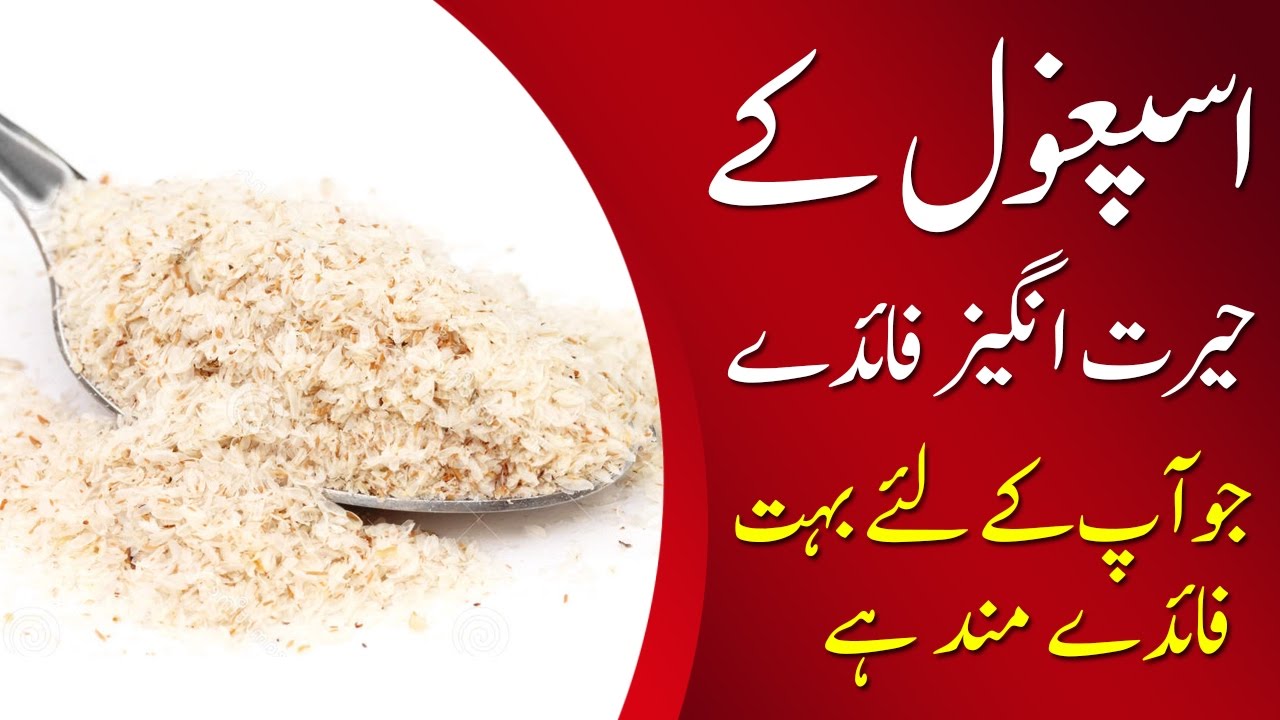
استعمال ۔ نازک مزاج آدمی قبض کو دور کرنے کیلئے بھوسی اسپغول استعمال کرسکتا ہے۔ یہ زیادہ آنتوں کے زخم اور پیچش میں استعمال کیا جاتاہے ۔ بعض اوقات شربت کو مزیدار بنانے کیلئے سبوس کا استعمال کرنے سے پیاس کو تسکین کرتاہے۔
مضر۔ کثرت استعمال سے مبرداورقبض پیدا کرتاہے۔شدید بدہضمی میں استعمال نہ کریں۔
مقدارخوراک ۔ قبض کیلئےدوعدد چائے والے چمچ تقریباًسات گرام ہمراہ دودھ یاپانی رات کو سوتے وقت دیں یا ایک یا ڈیڈھ تولہ۔دوسرے امراض کی صورت میں ایک یادوبارتقریباًپانچ یاسات گرام تک دیں ۔
اسپغول کے فوائد
اسپغول کا پودا ایک گز بلند ہوتا ہے اور ٹہنیاں باریک ہوتی ہیں۔ سرخ رنگ اور سفیدی مائل چھوٹے بیج ہوتے ہیں جسے اسپغول کہتے ہیں۔ ذائقہ میں پھیکا ہوتا ہے اور منہ میں ڈالنے پر لعاب پیدا کرتا ہے۔ تاریخ کی کتابوں میں مذکور ہے کہ اسپغول کا اصل وطن ایران ہے۔ اگرچہ درست ہو مگر دنیا میں اکثر جگہوں پر یہ خودرو پیدا ہوتا ہے۔ عرب میں بھی اس کو پایا گیا ہے۔
اسپغول کے فوائد و خواص
اسپغول پر کی جانے والی تحقیق کے مطابق اسپغول کے بیجوں میں فیٹس یعنی حشمی روغن پایا جاتا ہے۔ زلالی مادہ اور فالودہ نما جیلی جیسا لعاب ہے۔ دراصل یہ لعاب ہی وہ مادہ ہے جو انسانی جسم میں بیماری کے خلاف اپنا اثر دکھاتا ہے۔ اس لعاب کی ایک حیرت انگیز مثال یہ ہے کہ انسانی جسم میں چوبیس گھنٹے تیزاب یعنی ہائڈروکلورک ایسڈ جیسے تیز اثر تیزاب اور لیلیے کے تیزاب میں رہنے کے باوجود اسپغول کے لعاب کا برائے نام حصہ ہضم ہوتا ہے اور تمام ہضم کے عمل کے درجات کو طے کرتا ہوا بڑی آنت میں موجود جراثیم پر اثرانداز ہوتا ہے اور ان کو کولونائزیشن کو منجمد کردیتا ہے ان تیزابوں کی اثرانگیزی اس پر کچھ اثر نہیں کرتی اور پھر آگے جاکر یہ لعاب یعنی جیلی ان جرثوموں مثلاً مبسی لس شیگا‘ سیسی لس فلیکس نر‘ سینسی لس کولائی اور سیسی کرکالر ابھی اس پر اثرانداز نہیں ہوسکتے۔ مشاہدے میں یہ بات بھی سامنے آئی ہے کہ اسپغول کا لعاب چھوٹی آنت کی کیمیائی خمیرات کا زیادہ اثر نہیں لیتا اور نہ معدے کے کرشمات کا اثر لیتا ہے اور نہ بڑی آنت میں موجود جراثیم اس کا کچھ بگاڑ سکتے ہیں ۔ یہ لعاب آنتوں کے زخموں اور خراشوں پر بلغمی تہہ چڑھا دیتا ہے اور بیکٹیریا کے نشوونما کو احسن طریقہ سے روک دیتا ہے اور جو زہریلے مواد جو ان بیکٹیریا کی موجودگی سے پیدا ہوتے ہیں ان کو جذب کرلیتا ہے۔
اسپغول کے بارے میں جو اطباء رائے رکھتے ہیں ان کے مطابق یہ دوسرے درجے کا سرد ہے اور بعض کے نزدیک تیسرے درجے کا سرد ہے۔
اسپغول کا استعمال
اسپغول کو عام طور پر پیچش کے امراض میں زیادہ استعمال کروایا جاتا ہے اور یہ پیچش بیکٹیریا سے ہوں یا وائرس دونوں میں اس کا استعمال واجب قرار دیا گیا ہے۔ اسپغول کا لعاب آنتوں کو خراشوں سے محروم رکھتا ہے اور ان خراشوں پر لعابی تہہ چڑھا دیتا ہے جس سے فضلہ کا زہریلا اثر ان خراشوں اور زخموں پر نہیں ہوتا ۔ اسپغول میں دو طرح کے معجزاتی کرشمے ہیں اگر مریض کو قبض ہو تو کھولتا ہے اور اگر پیچش ہو تو اس کا تدارک کرتا ہے یعنی دونوں صورتوں میں مستعمل ہے۔
یادرکھنے کی بات یہ ہے کہ اسپغول تخم ہے اور اس کا چھلکا جس کو مخصوص طرح سے الگ کیا جاتا ہے اس کو بھوسی کہا جاتا ہے۔ اسپغول میں قبض پیدا کرنے کی یعنی میکانکی رکاوٹ بننے کی قدرتی خاصیت موجود ہوتی ہے جبکہ اس کی بھوسی میں یہ میکانکی رکاوٹ بننے کی صلاحیت نہیں ہوتی اس لیے اسپغول کے بیج کو وہاں استعمال کرنا ضروری ہے جہاں رکاوٹ پیدا کی جائے اور بھوسی کو اکثر اطباء وہاں استعمال کرتے ہیں جہاں قبض پیدا کرنا مقصود ہو۔ اس لیے انسان کو اس بات کا علم ضرور ہونا چاہیے کہ کب اسپغول استعمال کرنا ہے اور کب اسپغول کی بھوسی؟ بصورت دیگر الٹے اثرات بھی مرتب ہوسکتے ہیں
دیگر فوائد
اسپغول کے استعمال سے گرمی کے بخار میں تسکین رہتی ہے۔ سینہ اور زبان‘ حلق کے کھرکھرے پن میں بھی فائدہ پہنچاتا ہے ۔
سرکہ اور گل روغن کو باہم ملا کر اور اسپغول کے لعاب کے ساتھ استعمال سر درد کیلئے مفید ہے۔
سخت سوزش اور جلن والے دانوں‘ کن پیڑے اور گھٹنوں کی درد میں تیل میں اسپغول کو پکا کر باندھنے سے افاقہ ہوتا ہے ۔
اسپغول کا استعمال دمہ اور خشک کھانسی میں فائدہ مند ہے
اسپغول کے لعاب کے غر غرے کرنے سے منہ کے جوش ، دانوں میں آرام میسر آتا ہے
سخت اور خون کی آمیزش والے پیچش میں تخم ریحان‘ بیل گری‘ تخم بالنگو‘ اسپغول کو برابر وزن لے کر استعمال کرنا فوری تدارک کا باعث ہے۔
پیٹ کی عمومی امراض اور تبخیر معدہ میں اس کی صبح و شام خوراک لینا فائدہ مند ہے۔ رات کو 2 چمچ اسپغول ایک کپ پانی میں بھگو دیں اور صبح تھوڑی سی چینی ملا کر کھائیں اس معدہ کی حدت یعنی گرمی کم ہوجاتی ہے۔
احتیاطی تدابیر
اسپغول کو پیس کر استعمال نہ کیجیے کیونکہ یہ زہریلے اثرات رکھتا ہے تاہم بیرونی استعمال کے لیے اس کو پیسا جاسکتا ہے
benefits isabgol, benefits of isabgol, benefits of isabgol in urdu, health tips, how to, isabgol, isabgol benefits, isabgol for weight loss, isabgol for weight loss urdu, isabgol kase istamal karin, isabgol ke fawaid urdu, isabgol ke fayde, isabgol weight loss, isbagol ka nuksan, ispaghol ke faide, ispaghol ke fawaid, ispaghol ke fayde, ispaghol ke fayde in urdu, ispaghol ke fayde in urdu hindi, mani ghari with ispaghol, tips, to, what, اسبغول کے فائدے

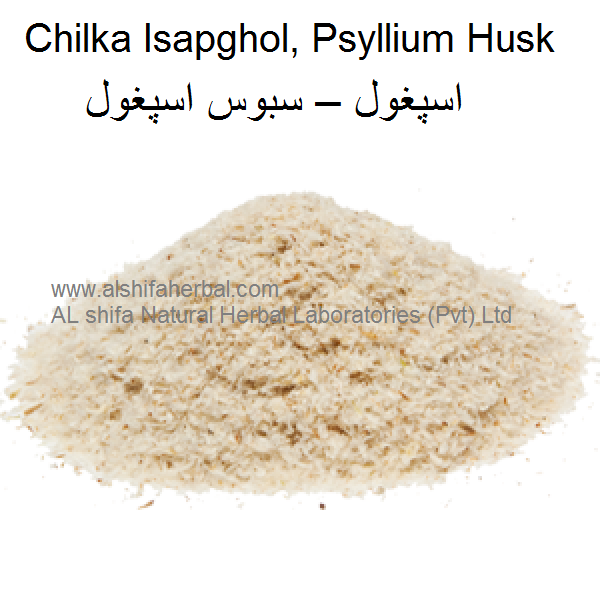

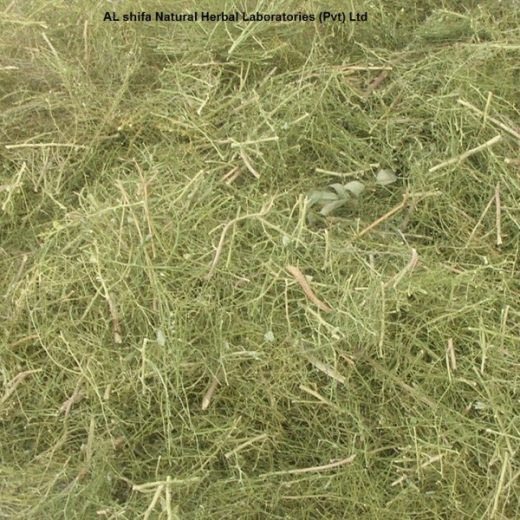
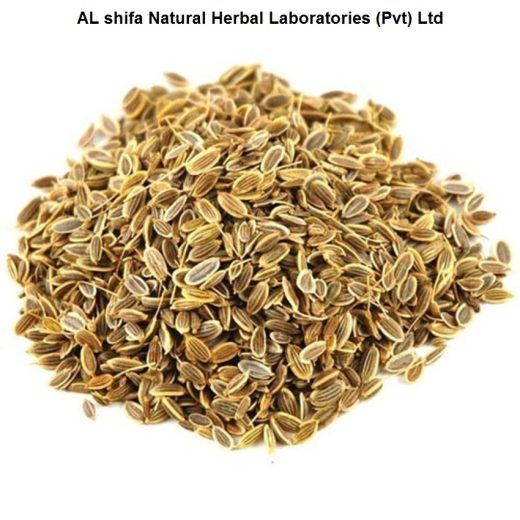
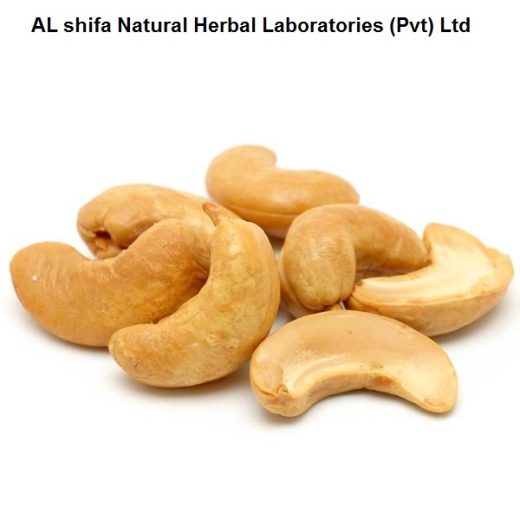



Reviews
There are no reviews yet.